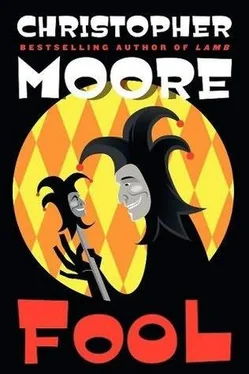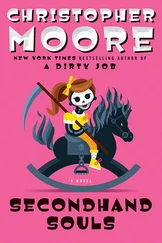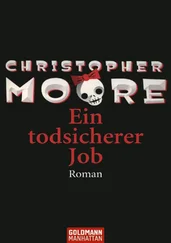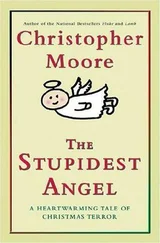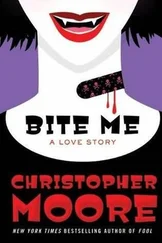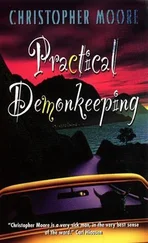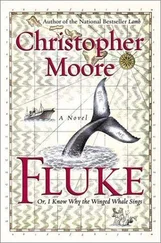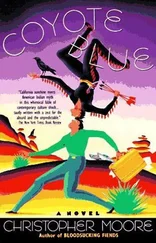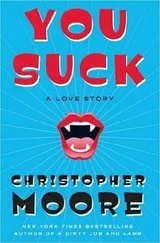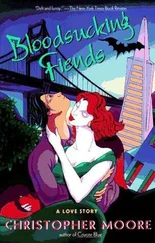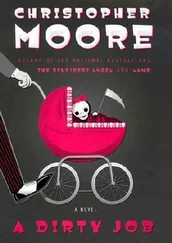“What are they?” My vision began to blur then. I could hear the witches’ voices, and Drool snoring, but they seemed distant, as if down a tunnel.
“Poison,” said the witch.
That was the last I heard from her. The room was gone, and I found myself sitting in a tree near a quiet river and a stone bridge. It was autumn, I could tell, as the leaves were turning. Below me a girl of perhaps sixteen was washing clothes in a bucket on the riverbank. She was a tiny thing, and I would have thought her a child by her size, but her figure was quite womanly—perfectly proportioned, just a size smaller in scale than most.
The girl looked up, as if she heard something. I followed her gaze down the road to a column of soldiers on horseback. Two knights rode at the head of the train, followed by perhaps a dozen others. They rode under my oak tree and paused their horses on the bridge.
“Look at that,” said the heavier of the two knights, nodding toward the girl. I heard his voice as if it were in my own head. “Pretty little thing.”
“Have her,” said the other. I knew the voice immediately, and with it I saw the face for who it was. Lear, younger, stronger, not nearly so grey, but Lear as sure as I’d ever seen him. The hawk nose, the crystal-blue eyes. It was him.
“No,” said the younger man. “We need to make York by nightfall. We’ve no time to find an inn.”
“Come here, girl,” called Lear.
The girl came up the bank to the road, keeping her eyes to the ground.
“Here!” barked Lear. The girl hurried across the bridge until she stood only a few feet from him.
“Do you know who I am, girl?”
“A gentleman, sir.”
“A gentleman? I am your king, girl. I am Lear.”
The girl fell to her knees and stopped breathing.
“This is Canus, Duke of York, Prince of Wales, son of King Bladud, brother to King Lear, and he would have you.”
“No, Lear,” said the brother. “This is madness.”
The girl was trembling now.
“You are brother to the king and you may have whom you want, when you want,” said Lear. He climbed off his horse. “Stand up, girl.”
The girl did, but stiffly, as if she were bracing for a blow. Lear took her chin in his hand and lifted it. “You are a pretty thing. She’s a pretty thing, Canus, and she is mine. I give her to you.”
The king’s brother’s eyes were wide and there was hunger there, but he said, “No, we haven’t time—”
“Now!” boomed Lear. “You’ll have her now!”
With that Lear grabbed the front of the girl’s frock and ripped it, exposing her breasts. When she tried to cover up he pulled her arms away. Then he held her and barked commands while his brother raped her on the wide stone rail of the bridge. When Canus had finished and fell breathless between her legs, Lear shouldered him aside then lifted the girl by the waist and threw her over the rail into the river.
“Clean yourself!” he shouted. Then he patted his brother’s shoulder. “There, she’ll not haunt your dreams tonight. All subjects are property of the king, and mine to give, Canus. You may have any woman you want except one.”
They mounted their horses and rode away. Lear hadn’t even looked to see if she could swim.
I couldn’t move, I couldn’t cry out. All during the attack on the girl I felt as if I’d been lashed to the tree. Now I watched her crawl naked from the river, her clothes in tatters behind her, and she curled into a ball on the riverbank and sobbed.
Suddenly I was whisked out of the tree, like a feather on an errant wind, and I settled on the roof of a two-story house in a village. It was market day, and everyone was out, going from cart to cart, table to table, bargaining for meat and vegetables, pottery and tools.
A girl stumbled down the street, a pretty little thing, perhaps sixteen or seventeen, with a tiny babe in arms. She stopped at every booth and showed them the babe, then the villagers would reward her with rude laughter and send her to the next booth.
“He’s a prince,” she said. “His father was a prince.”
“Go away, girl. You’re mad. No wonder no one will have you, tart.”
“But he’s a prince.”
“He looks to be a drowned puppy, lass. You’ll be lucky if he lives the week out.”
From one end of the village to the other she was laughed at and scorned. One woman, who must have been the girl’s mother, simply turned away and hid her face in shame.
I floated overhead as the girl ran to the edge of town, across the bridge where she’d been raped, and up to a compound of stone buildings, one with a great soaring steeple. A church. She made her way to the wide double door, and there, she lay her baby on the steps. I recognized those doors, I’d seen them a thousand times. This was the entrance to the abbey at Dog Snogging. The girl ran away and I watched, as a few minutes later, the doors opened and a broad-shouldered nun bent and picked up the tiny, squalling baby. Mother Basil had found him.
Suddenly I was at the river again, and the girl, that pretty little thing, stood on the wide stone rail of the bridge, crossed herself, and leapt in. She did not swim. The green water settled over her.
My mother.
When I awoke the witches were gathered around me like I was a sumptuous pie just out of the oven and they were ravenous pie whores.
“So, you’re a bastard then,” said Parsley.
“And an orphan,” said Sage.
“Both at once,” said Rosemary.
“Surprised, then?” said Parsley.
“Lear not quite the kind old codger you thought him, eh?”
“A royal bastard, you are.”
I gagged a bit, in response to the crones’ collective breath, and sat up. “Would you back off you disgusting old cadavers!”
“Well, strictly speakin’, only Rosemary’s a cadaver,” said the tall witch, Parsley.
“You drugged me, put that nightmare vision in my head.”
“Aye, we did drug you. But you was just looking through a window to the past. There was no vision except what happened.”
“Got to see your dear mum, didn’t you?” said Rosemary. “How lovely for you.”
“I had to watch her raped and driven to suicide, you mad hag.”
“You needed to know, little Pocket, before you went on to Dover.”
“Dover? I’m not going to Dover. I have no desire to see Lear.” Even as I said it I felt fear run down my spine like the tip of a spike. Without Lear, I was no longer a fool. I had no purpose. I had no home. Still, after what he had done, I would have to find some other means to make my way. “I can rent out Drool for plowing fields and hoisting bales of wool and such. We’ll make our way.”
“Maybe he wants to go on to Dover.”
I looked over to Drool, who I thought to still be asleep by the fire, but he was sitting there, staring at me wide-eyed, as if someone had frightened him and he’d forgotten how to talk.
“You didn’t give him the same potion you gave me, did you?”
“It was in the wine,” said Sage.
I went to the Natural and put my arm around his shoulder, or, as far around as I could reach, anyway. “Drool, lad, you’re fine, lad.” I knew how horrified I had been, with my superior mind and understanding of the world. Poor Drool must have been terrified. “What did you wicked hags show him?”
“He had a window on the past just like you.”
The great oaf looked up at me then. “I was raised by wolfs,” said he.
“Nothing can be done now, lad. Don’t be sad. We’ve all things in our past we were better not remembering.” I glared at the witches.
“I ain’t sad,” Drool said, standing up. He had to stoop to avoid hitting his head on the roof beams. “My brother nipped at me ’cause I didn’t have no fur, but he didn’t have no hands, so I throwed him against a tree and he didn’t get up.”
Читать дальше
